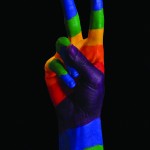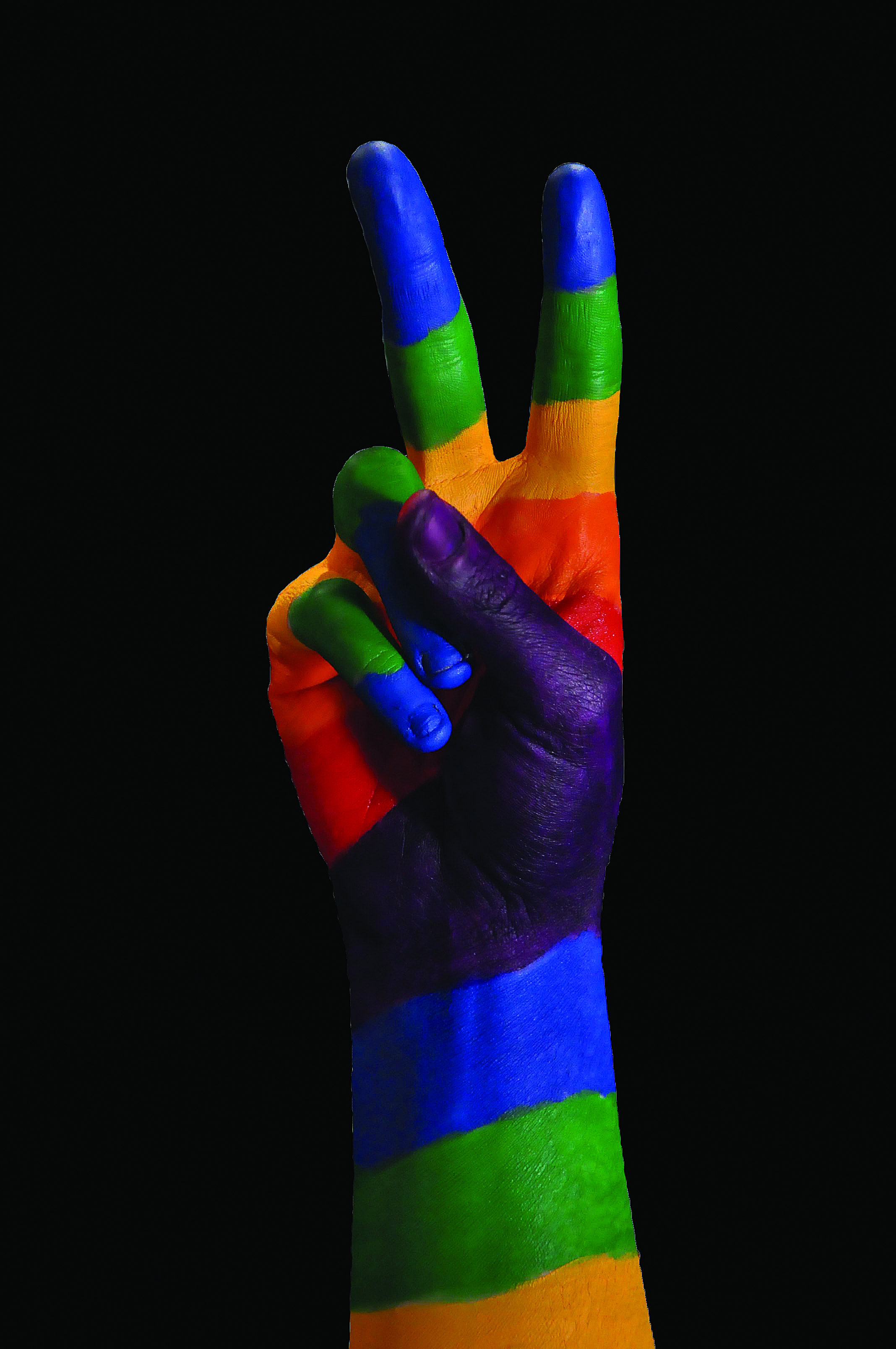
By Mackenzie Clark
Accusations of Chick-fil-A’s Chief Operating Officer (COO) being “anti-gay” have led many people to boycott the restaurant.
The perception of the COO of Chick-fil-A, Dan Cathy, being “anti-gay” stems from donations the company has made to charitable organizations through their own charitable arm, Winshape Foundation. Winshape was created by Chick-fil-A founder S. Truett Cathy in 1984.
One of these organizations is Focus on the Family.
“We are convinced that the Bible leaves no room whatsoever for confusion or ambiguity where homosexual behavior is concerned,” Focus on the Family’s website reads. “The Scripture both explicitly and implicitly regards it as falling outside of God’s intention in creating man and woman as sexual beings who bear His image as male and female.”
Whether this means the organization is anti-gay is open to interpretation, but many people believe it to be true. Representatives from Chick-fil-A and Focus on the Family could not be reached for comment.
In response to these accusations, Cathy issued a press release in 2011 attempting to clarify his views.
“In recent weeks, we have been accused of being anti-gay,” he said in the release. “We have no agenda against anyone. […] While my family and I believe in the Biblical definition of marriage, we love and respect anyone who disagrees.”
This does not change the opinions of some, though, who choose to boycott the restaurant.
Tom O’Tey, president of Queers and Allies, was never a fan of Chick-fil-A to begin with, but now avoids them on principle.
“I just know what I’ve read online, which is they said that they do not approve of homosexuality, and I’m not sure if they fire you because of it, which shouldn’t be allowed because it is under discrimination, but I don’t particularly know because I’m not personally a patron of Chick-fil-A so it’s never really affected me personally,” he said. “But I do try to at least stay aware of these things.”
Other organizations that have received donations from Winshape include the Marriage & Family Legacy Fund, Fellowship of Christian Athletes, Eagle Forum and Exodus International.
“I want people to be aware that they [Chick-fil-A/Winshape] do this, and that if they don’t want to spend their money there because of that, it’s fine,” O’Tey said. “But if they still will give their money then, you know, I really can’t stop them. I would rather they be informed so that they can make their own decision about how they spend that money, but it’s not my money to spend.”
Student Arianna Poland does not feel the need to boycott Chick-fil-A.
“I don’t eat [at Chick-fil-A] because I don’t like the food, but that aside, if I did like the food I wouldn’t stop eating there because of [the anti-gay perception] because whatever their stance is, they employ people,” she said. “They’re helping people put food on their own tables, clothe their children, provide shelter for their employees, so they help people, too. My fight I can take to the polls. I can fight that with my vote. I don’t need to fight it with my dollars.”
Julie Haas, associate vice president of marketing communications, said she cannot comment on Chick-fil-A directly but explained how companies can deal with public relations fiascoes.
“The first thing you want to do is get out in front of the story, which is increasingly difficult in an age with social media,” she said. “It’s hard to move quickly. But you do need your voice and your side of the story.”
She cited Johnson & Johnson’s handling of the Tylenol crisis in 1982 as a good example of how to handle crisis communication, and Exxon Valdez’s handling of their oil spill in 1989 as a bad example.
“You need to show people that you’re taking the situation seriously, taking responsibility for it, not making excuses, and it depends on what the situation is,” Haas said. “It could be safety, it could be environmental, all of that is a concern, and that you’re doing something, that you’re taking the best steps you can to remedy the situation, and that you are concerned for the people affected.”
So, to eat more chicken, or to boycott Chick-fil-A? The choice lies in the taste buds and personal convictions of the consumer.
Contact Mackenzie Clark, editor-in-chief, at mclark68@jccc.edu.
Sources cited in this article:
Dan Cathy’s press release: http://www.prnewswire.com/news-releases/dan-cathy-president-and-coo-of-chick-fil-a-clarifies-recent-news-coverage-114872034.html
Focus on the Family on Homosexuality: http://family.custhelp.com/app/answers/detail/a_id/26078/kw/homosexuality
Other resources:
Winshape Foundation: http://winshape.com/
Winshape IRS form 990: http://dynamodata.fdncenter.org/990pf_pdf_archive/581/581595471/581595471_200912_990PF.pdf
Equality Matters fact check: http://equalitymatters.org/factcheck/201111010001























I used to eat at Chick-fil-A, occasionally, but do not eat there now ONLY because I am focusing more on my Mediterranean diet and certainly NOT because someone who has NO business telling me who or what to boycott or where to eat, thinks he/she is smart enough to redirect my life to be what they assume it should be! Tell ME what to eat and I’ll definitely tell YOU what you can eat — and it’s NOT chicken!